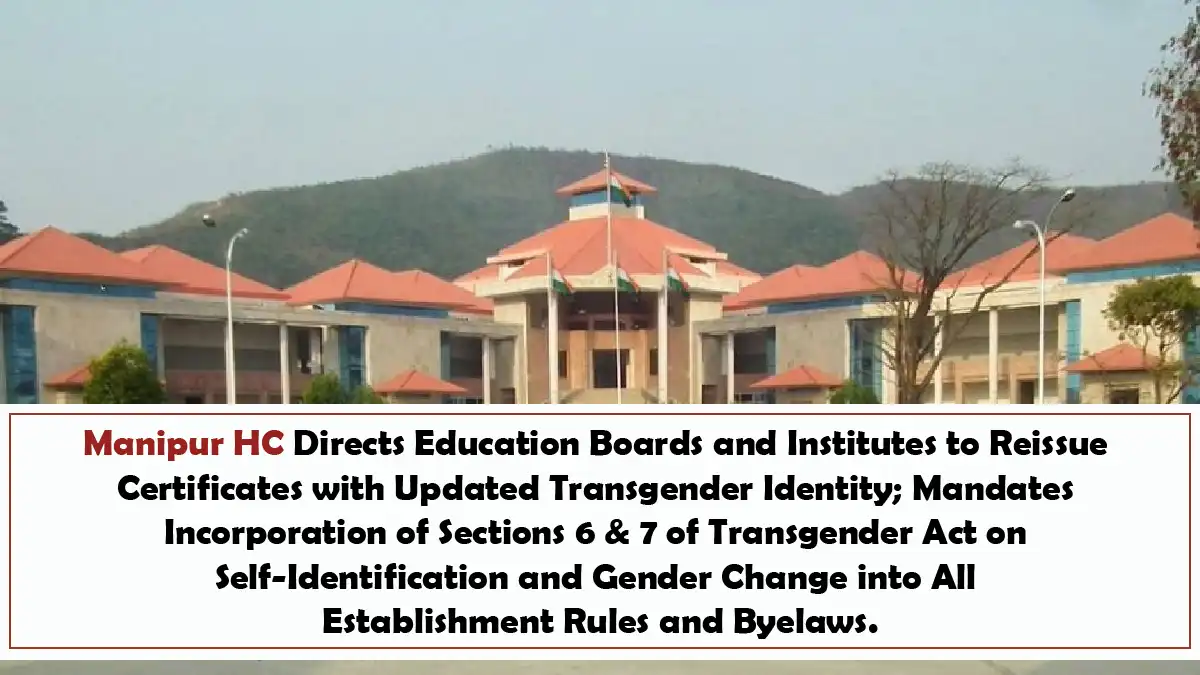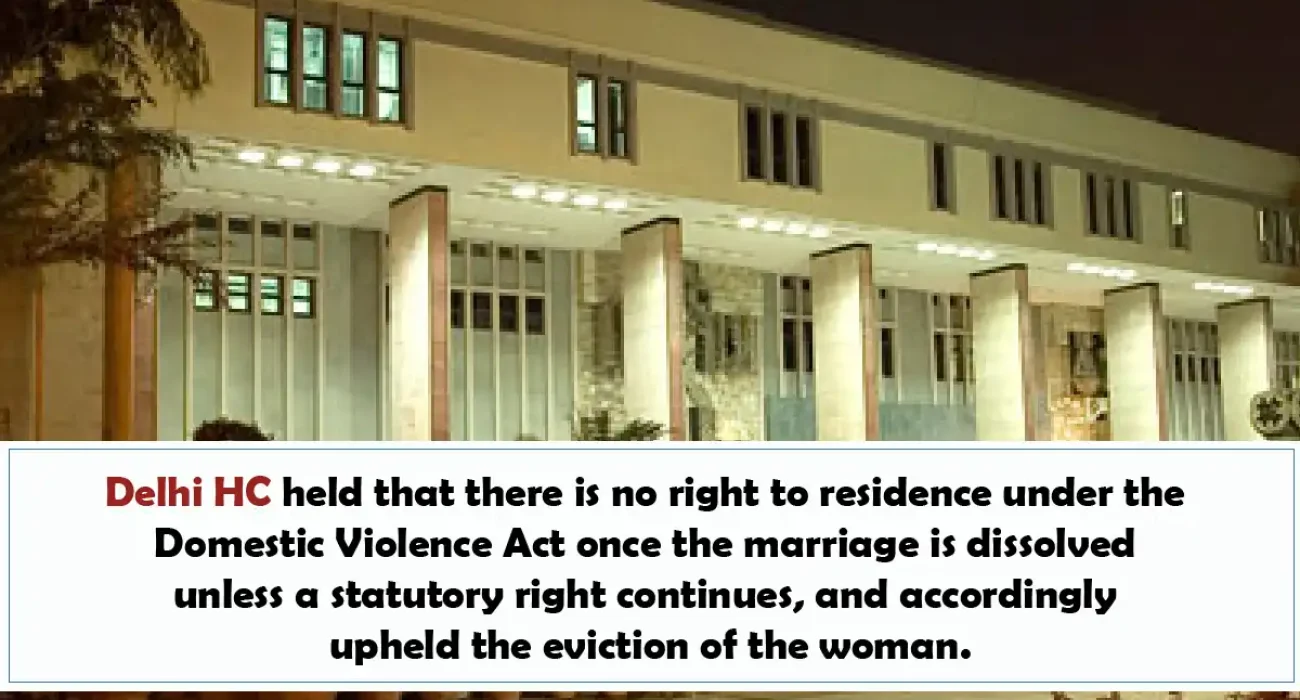

The Appellant, daughter-in-law of the original Respondent, challenged the decree of the Family Court, whereby possession and permanent injunction in respect of the suit property were granted in favour of the Respondent’s legal heirs. The Appellant had been residing in the suit property since her marriage in 1999 and claimed it as her matrimonial home. It was asserted by the Appellant that the property was originally purchased in the name of her husband, and was subsequently transferred to the Respondent under duress. The Appellant further alleged that she and her family members had contributed financially towards its acquisition and construction. The Respondent, however, relied upon a registered conveyance deed in her favour, and a Will bequeathing the property to her daughter, claiming absolute ownership. The Family Court decreed possession and injunction in favour of the Respondent’s heirs, granting the Appellant six months’ time to vacate.
The Appellant contended that the suit property constituted her matrimonial home and was therefore a “shared household” within the meaning of Section 17 of the Protection of Women from Domestic Violence Act, 2005 (PWDV Act), entitling her to a right of residence. She further submitted that the property bore the character of joint family or ancestral property, pointing to alleged contributions made by her family prior to marriage. It was urged by the Appellant that her continuous residence since 1999 and the absence of suitable alternative accommodation entitled her to protection under law.
The Appellant further contended that the Family Court overlooked material contradictions in the Respondents’ case, failed to properly scrutinise the authenticity of the Will, and ignored the possibility of collusion between her husband and his mother to deprive her of residence rights.
The Respondents relied upon the Family Court’s findings, to contend that they were the lawful owners of the property, with the title having vested in the deceased Respondent through a registered conveyance deed and subsequently devolved to her legal heir through a duly proved Will. The Respondent denied the Appellant’s allegations of forgery and fabrication.
The Respondent further argued that the Appellant had no right of residence after the dissolution of her marriage by decree of divorce in 2019, which terminated the domestic relationship and with it any claim under Section 17 PWDV Act. Additionally, it was contended that the Appellant’s claims of financial contribution were speculative and unsupported by evidence.
The Court held that the PWDV Act confers a right of residence in a shared household only so long as a “domestic relationship” exists. Once the marriage was dissolved by decree of divorce, the domestic relationship ceased, and with it the foundation for claiming residence under Section 17.
The Court observed that under Section 17 of the PWDV Act, the right of residence in a shared household flows from the existence of a “domestic relationship.” Section 2(f) defines a domestic relationship as one between persons who live, or have at any point lived, together in a shared household when related by marriage or consanguinity.
The Court noted, “Once the marriage stands dissolved by a valid decree of divorce, the domestic relationship comes to an end. Consequently, the substratum upon which the right of residence is founded no longer survives, unless a contrary statutory right is shown to persist.”
Applying this principle, the Court held that the Appellant’s marriage to her husband had been dissolved by decree dated 19.11.2019. As on date, therefore, there was no subsisting domestic relationship, and the Appellant could not invoke Section 17 of the PWDV Act to claim residence in the suit property.
The Court further upheld the Respondents’ title on the basis of the conveyance deed of 2011 and the Will of 2013, and found no evidence of financial contribution or ancestral character of the property. The notices revoking the Appellant’s permissive occupation were duly issued, and the Family Court had correctly decreed possession.
The High Court dismissed the appeal, affirming the decree of the Family Court. It held that the Appellant had no enforceable right of residence in the suit property after dissolution of marriage, and that ownership vested lawfully in the Respondents.
Written by Adv. Prerna Murarka
IAW resources
Browse our help directory